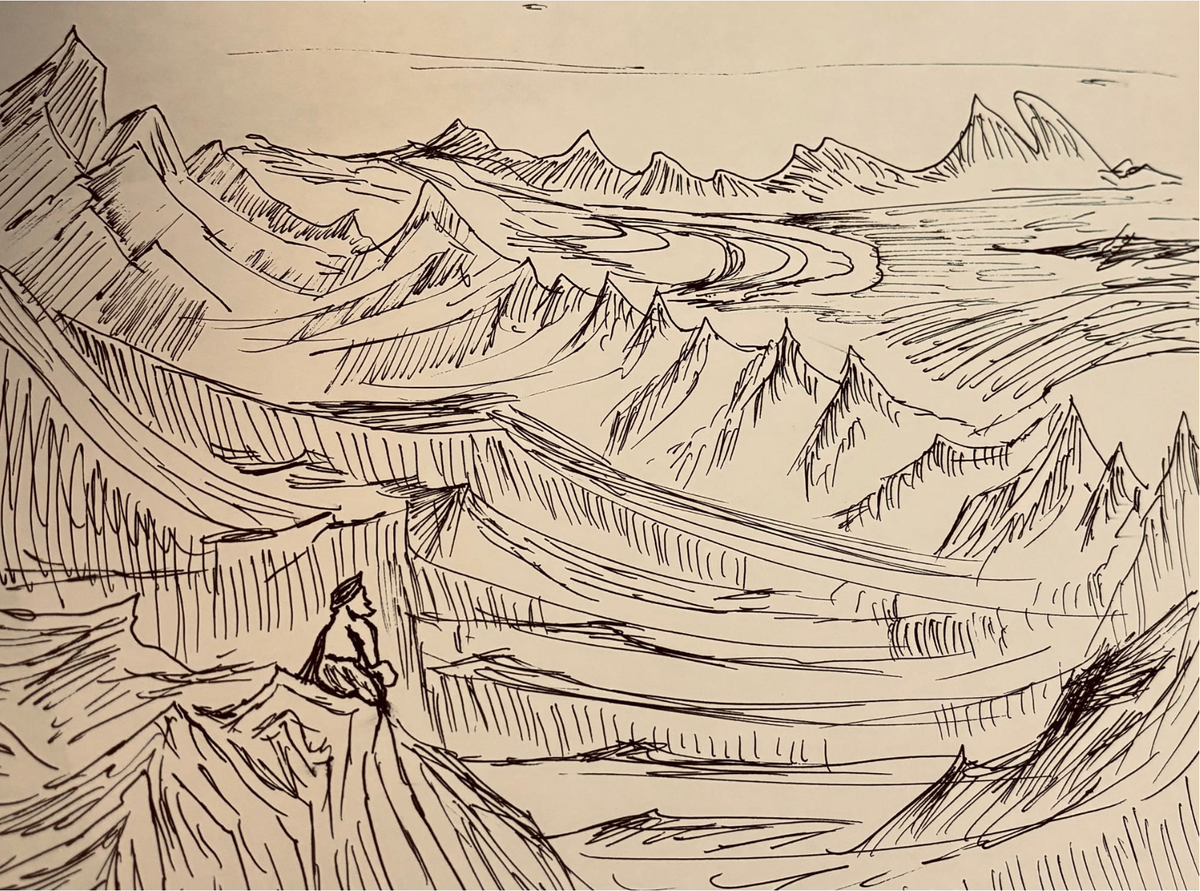On Observation

Boredom is the root of all evil - the despairing refusal to be oneself.”
― Soren Kierkegaard.
Observation stands as one of humanity's greatest paradoxes: ubiquitous yet rarely leveraged for genuine introspection. Recently, I watched my niece as she touched and smelled a flower, patiently waiting for me to name it for her. This helped her distinguish a flower from a stone. She absorbed every sound and subtle change in tone, using them to navigate her surroundings. This made me ponder—how dulled have my senses become? In contrast, I found myself searching for a metric to gauge my own desensitization to life's small wonders. I could not even recall the last time I touched or smelled a flower. This experience brought to mind a passage from the diary of the German philosopher Søren Kierkegaard (1938), in which he writes, "Therefore, all experience cries out to man: Whatever you do, see to it that you don’t lose your vital urge; whatever you lose in life, if only you keep that, there will always be a chance of winning back everything." The 'vital urge,' that Kierkegaard urges us to maintain, safeguards us against the ennui of existence. He cautions, "Many of us pursue pleasure with such breathless haste that we hurry past it." Thus, the essence lies in remaining fully attentive—eyes, ears, and mind open—to every nuance of life's experiences, good or bad, to become an observer who's able to reinvent, reflect, and avoid rushing past the richness of life.